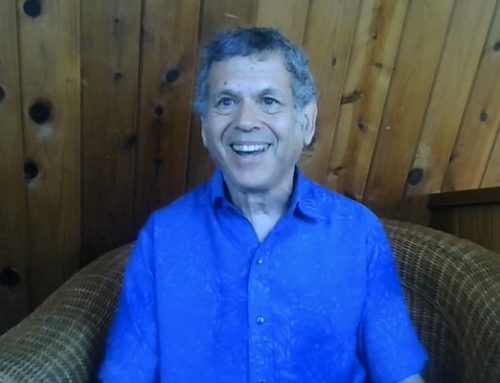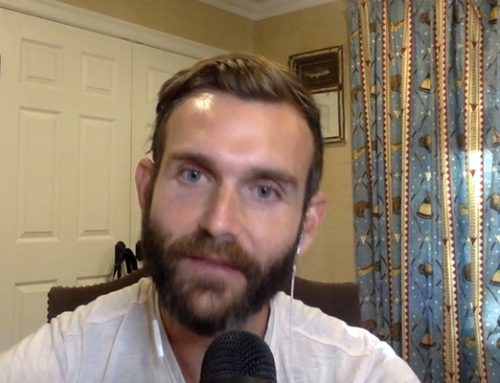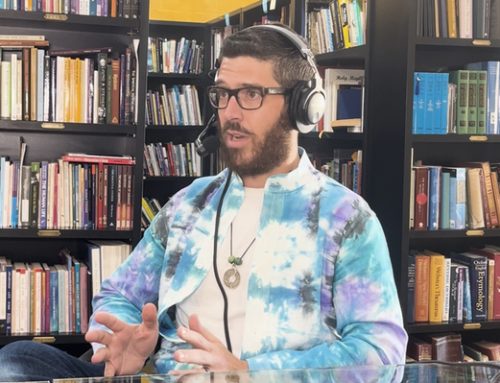Happy Wednesday to You!
I hope all is well in your world.
I had a very busy day coaching clients and doing distance-healing work yesterday. My schedule was tight, but I got into the gym for an intensive mini-circuit workout consisting of 20 walking lunges (in the sun!) with 135, followed by 20 walking lunges with a twist holding a heavy clubbell, followed by Swiss ball arch-pike push-ups. Whew!
I did a warm-up circuit followed by three circuits on a minute of rest between each. Right after training, I jumped into a cold shower for about 4:00, which is an excellent recovery aid.
I finished with a nice buzz and felt I’d earned a nice lunch, which Vidya beautifully provided.
TIPS FOR MAKING CHANGES: Transitions (Pt.3)
Making changes is often hard for people, as we all know.
One of the primary reasons we have a hard time changing is that we are often working against ingrained habits. Typically, we have habits that need to change if change is to facilitate the formation of habits that are more congruent with our stated dream, goal or objective.
Recently, my friend and client, and very successful business man, Ethan Penner, gave me a great book titled, “The Power Of Habit – Why We Do What We Do In Live and Business”, by Charles Duhigg.
[amazon-product align=”left”]1400069289[/amazon-product]
This is an excellent book with a lot of great research on habit formation and change. It shares many parallels with the book “Switch”, which I highlighted in yesterday’s blog.
In The Power Of Habit, Charles Duhigg identifies three essential components to the habit loop:
1. The Cue: The cue is the trigger that gets your body-mind process oriented to the habit. Just as your sense of hunger is often a cue to eat, we have ques that we’ve developed to initiate our habits.
For example, if you are developing the habit of drinking more water, you may use rising, sleeping and meal times as your cue to drink two glasses of water. If you don’t have a reliable cue that works for you, you are very likely to forget to drink water.
2. The Process: The process is the act of carrying out the habit. While getting out of bed and eating meals may cue you to drink water, you may have a unique process as part of your habit ritual.
For example, you may have been coached by a CHEK Holistic Lifestyle Coach to use high quality water with a total dissolved solids of 300 ppm (parts per million) or more. You may have been encouraged to add high quality sea salt to improve the mineral and energetic profile of your water.
This will be part of your process, yet someone else with the same ques for water drinking may have a different process all together.
3. The Reward: Research on animals and humans clearly shows that there must be some real, or perceived reward or a habit is unlikely to stick. When developing a new habit, it is very important to clearly define what your reward will be.
A key component of the reward is making it congruent with the motive for creating the habit.
Many go to the gym as part of a new habit formation plan, but their rewards are often very antagonistic to their dream or motive.
For example, if you go to the gym and have a nice workout, but use eating a food item that facilitates other habits that are antagonistic to the goal, you are very likely to give up on your new exercise habit because you are not seeing the results, while at once, gaining the perceived reward the negative foodstuff offers.
Today, I encourage all of you that teach or coach others in any way to visit the three essential components of habit formation in your own life.
Once you’ve mastered making new habits, you can teach with the inner-confidence of a true teacher instead of being a pseudo-master; pseudo-masters always have an underlying insecurity that goes with parroting intellectual commands, while knowing within that they have no authentic mastery of the process.
People commonly pick up on this insecurity at an unconscious level and it creates insecurity in them, reducing the likelihood they will follow the plan you’ve created for them!
To thine own self be true, or thou cants’ be true to any other man.
Have a beautiful day!
Love and chi,
Paul Chek






